Zinc supplements have been used for years in cases of both mild and inflammatory acne. In fact, research has shown us that people with acne have much lower levels of zinc when compared to those who have clear skin and that in supplementing zinc acne lesions reduced by 50%. Deemed a natural cure for hormonal, cystic, or even regular good ole whiteheads, today I wanted to take a second to explore what exactly zinc is, what the best form is for acne, and how it works to treat and prevent new breakouts from forming.
what is zinc?
Zinc is a naturally occurring trace metal; it’s found in the earth, air, foods we eat, and in our bodies. Zinc is critical to our health, working to build the immune system, helping our cells grow, regulating our appetite, and speeding up the healing process of wounds. A few foods where you can naturally find zinc are oysters, crab, beef and lamb, wheat, spinach, and pumpkin seeds.
how zinc helps acne
Zinc is one of the most studied natural treatments for acne. With so much research available they’ve been able to pin point exactly why zinc works. It actually targets ALL the causes of acne. Pretty crazy right?!
Although zinc isn’t as effective as antibiotics, studies have proven that zinc is effective at killing acne causing bacteria. What’s more is that acne causing bacteria won’t develop a resistance to zinc, so it continues to work for those who have antibiotic resistant strains within their system and on the skin.
Zinc helps to reduce overall bodily inflammation, including the inflammatory response our bodies have to acne. When a pore becomes clogged it sends an inflammatory response throughout the body, becoming red and irritating. Surprisingly acne prone skin has a higher inflammatory response to bacteria than non acne prone skin. Zinc reduces the inflammatory response and helps to calm the effect bacteria have on the skin.
Zinc reduces keratinocyte activation. Keratinocytes product keratin, which glues skin cells together. Too much keratin causes skin cells to stick together, leading to clogged pores and inflamed acne. Zinc reduces keratin and helps to keep the skins surface free of buildup and acne free.
Zinc slightly blocks DHT. DHT is a powerful androgen that helps to give males their “manly” characteristics. DHT in excess can cause hair loss, acne, and other unwanted physical changes. DHT blockers like zinc prevent these hormones from occurring in excess and balance them out naturally. It may not be a very strong hormone balancer but every bit helps!
The Research Surrounding Zinc
There are several studies today which examine the effects of zinc on acne. The results are promising, showing that zinc is as effective as antibiotics in the 70s at reducing acne (but not as effective as present day antibiotics).
In this study Zinc was compared to results of Minocycline. Two groups were given either 30 mg of elemental zinc or 100 mg of Minocycline for 3 months. The overall success rate was 31.2% for zinc and 63.4% for Minocycline. Both ended up being effective at treating inflammatory acne, though Minocycline was superior by 17%.
A second study Explored the role of zinc on inflammatory acne. After 8 weeks almost 79% of acne patients had a 80-100% improvement. Out of 48 patients, only two patients experienced side effects. The onset of results is late with results being seen after 8 – 12 weeks, so topicals may help to speed up the process.
It should also be noted that many scientist argue the form of zinc taken effects acne differently. Zinc with better bioavailability is thought to yield better results.
What Zinc Should I Take?
Zinc picolinate is considered the most bioavailable forms of zinc for acne. Other acceptable forms to consider (that aren’t as easily absorbed) are zinc methionine and zinc gluconate. Zinc citrate and zinc sulphate are the least absorbed forms, so they will still be effective but should be used as a last resort if no other form of zinc is available.
A definite dosage hasn’t been established yet but a popular amount appears to be around 30/mg a day of elemental zinc. Although a label may list 200 or 300 mg of zinc, the amount of elemental zinc is different and should appear on the label separately.
Liked this article? Well here is my video on why everyone with acne should try zinc where I tell you even more details and important information about it!


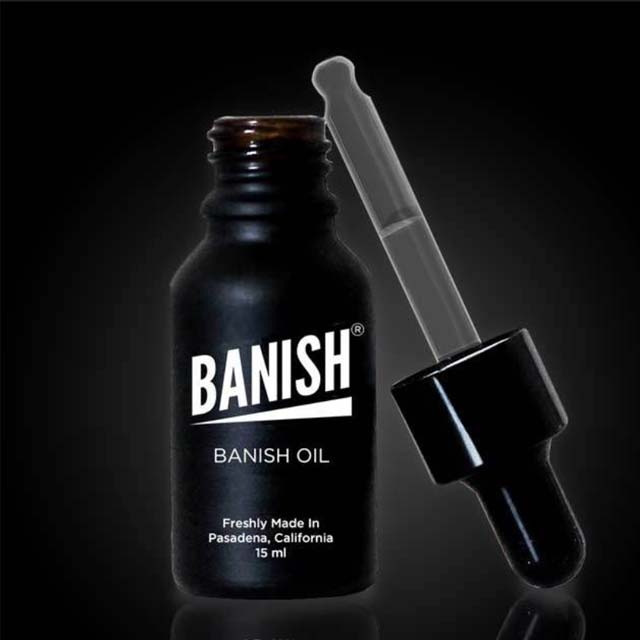
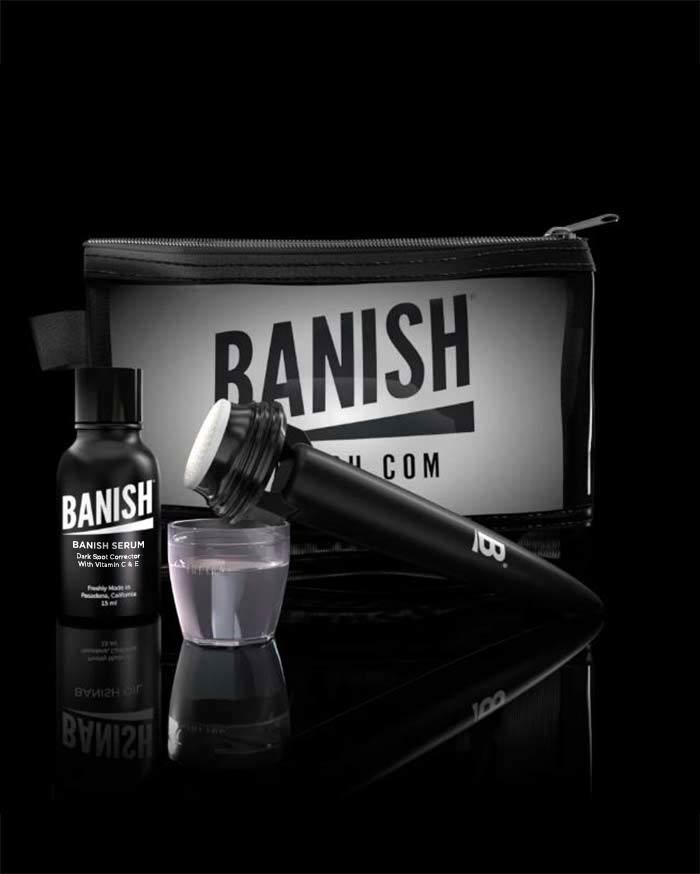
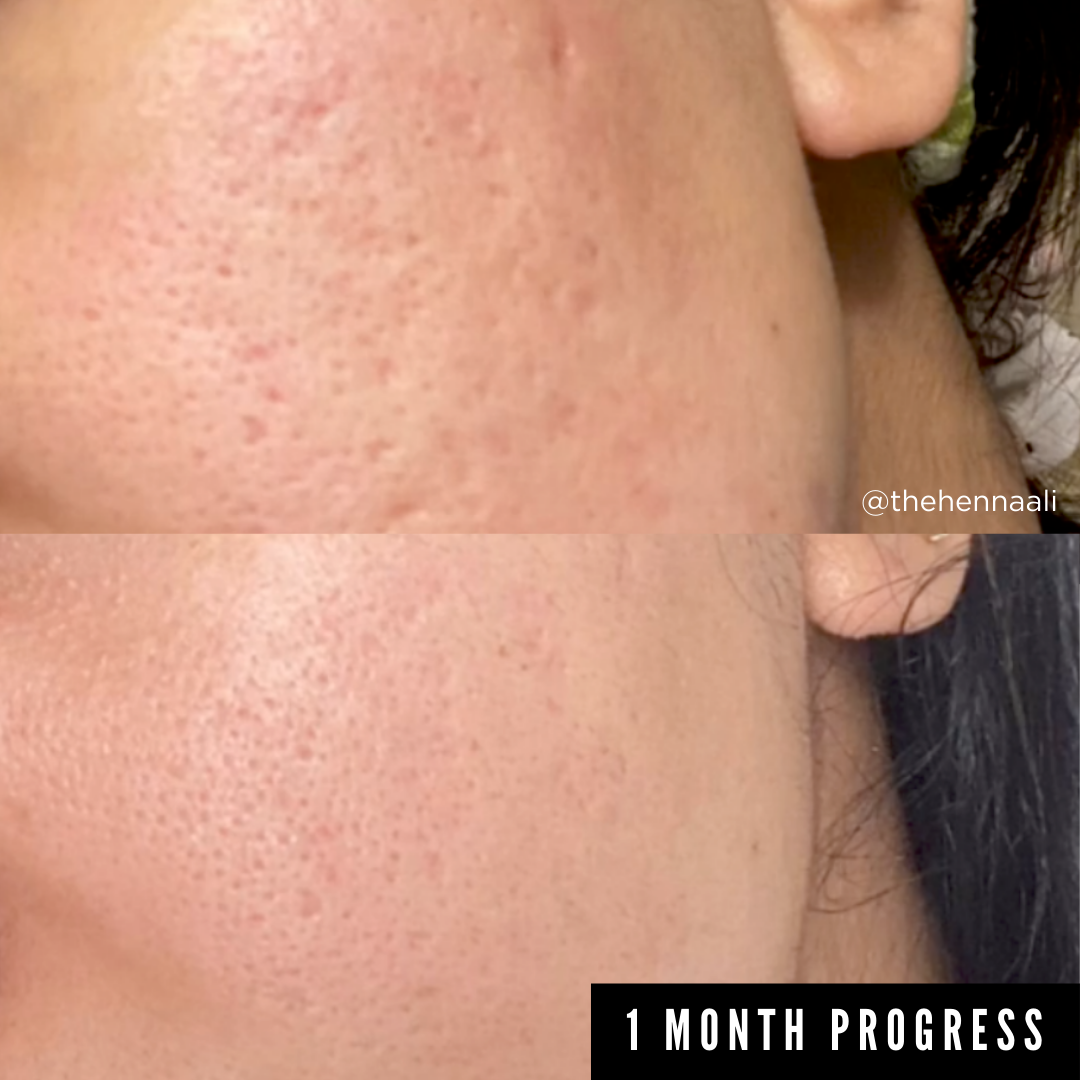
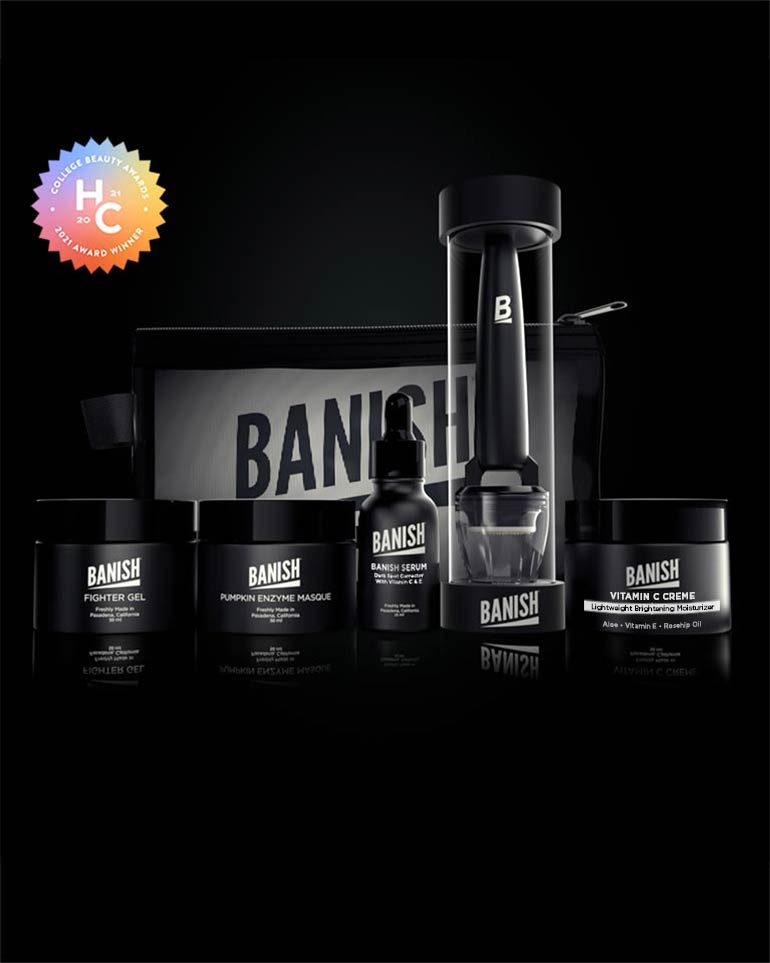
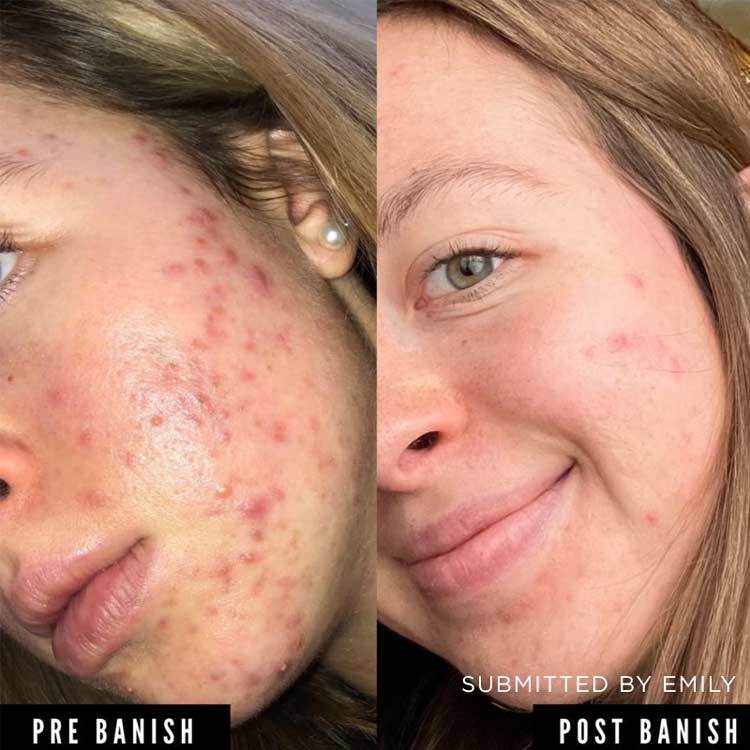
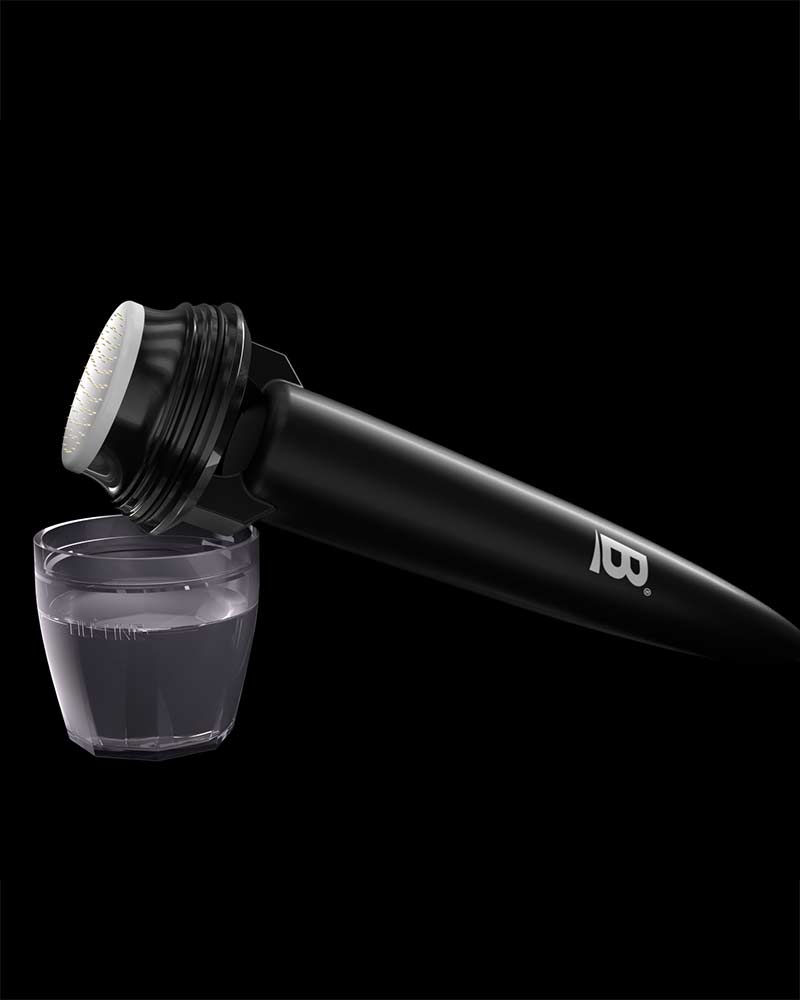
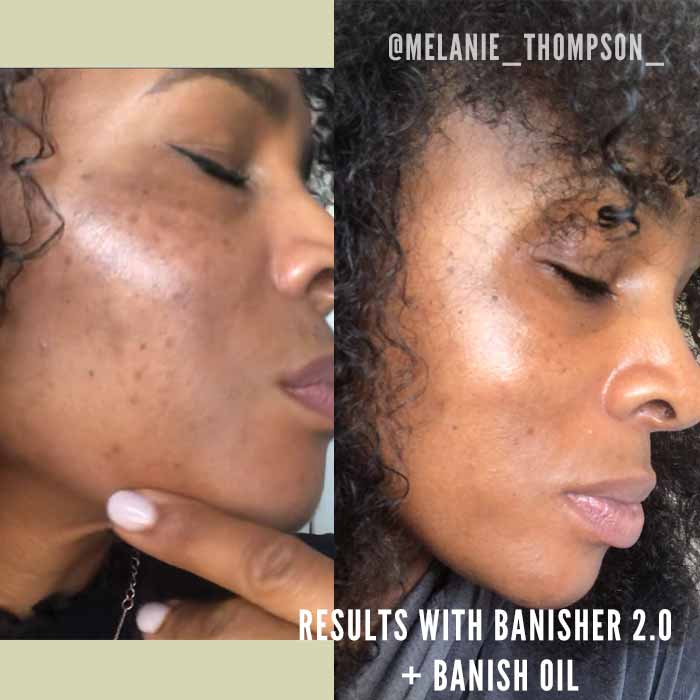
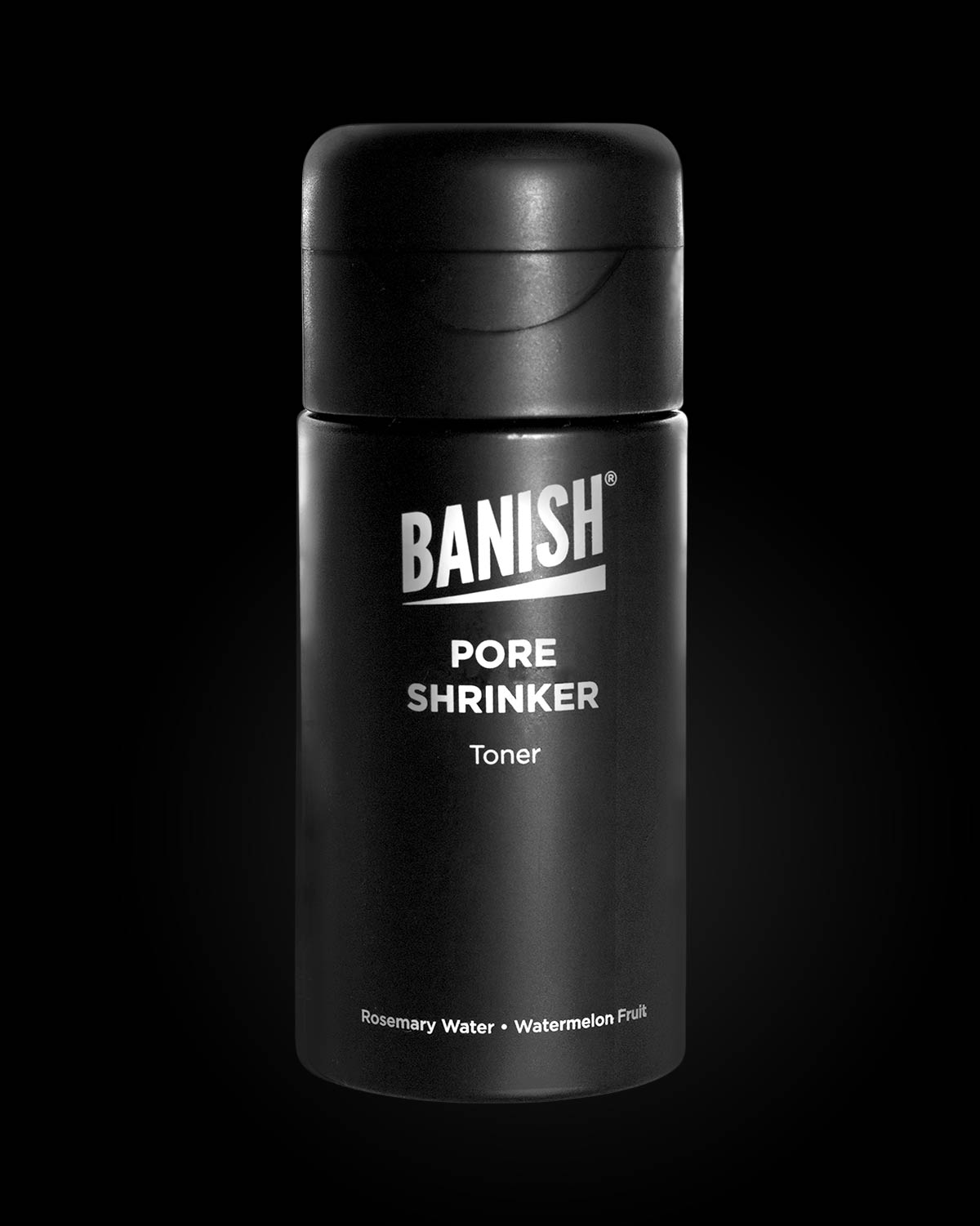
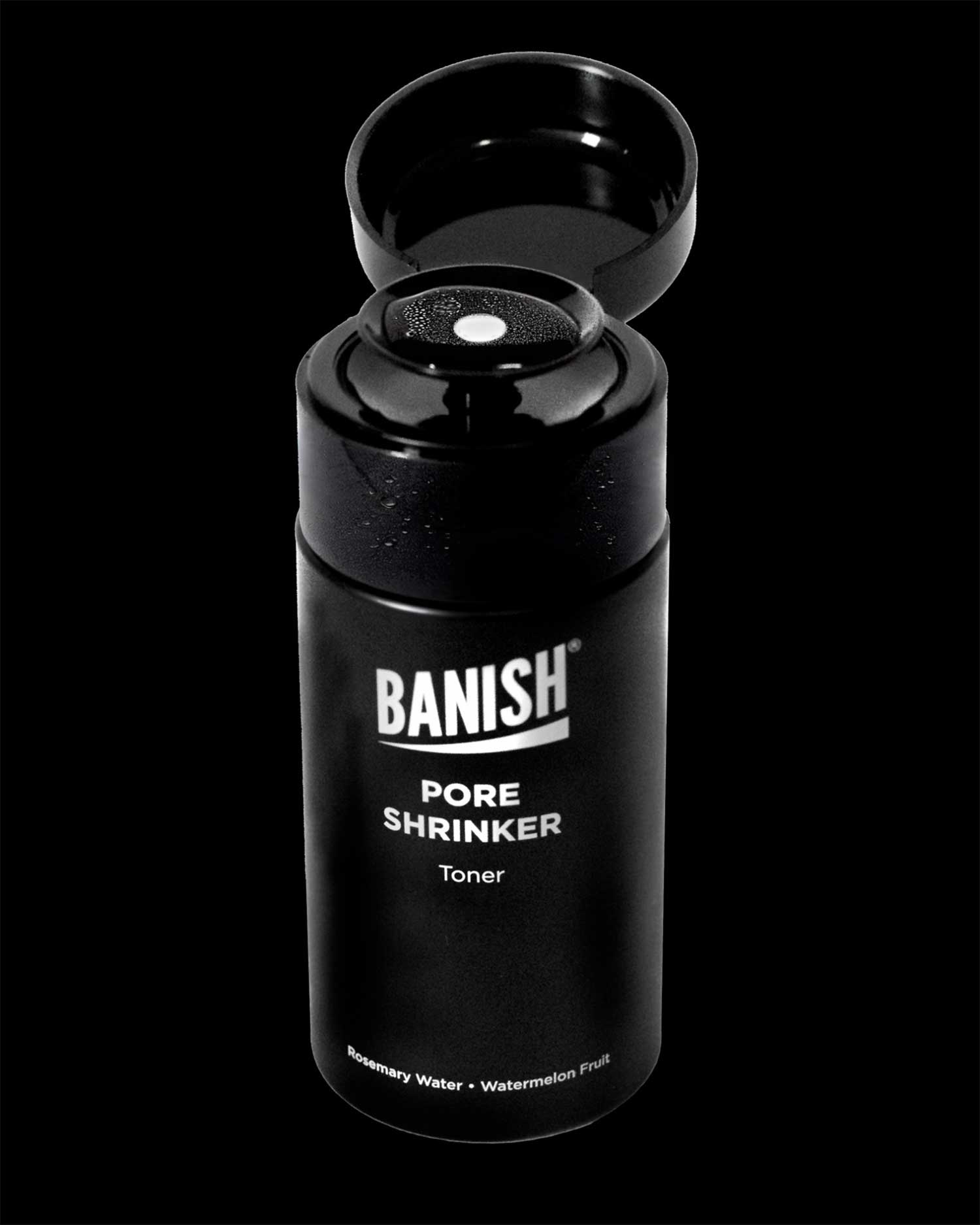


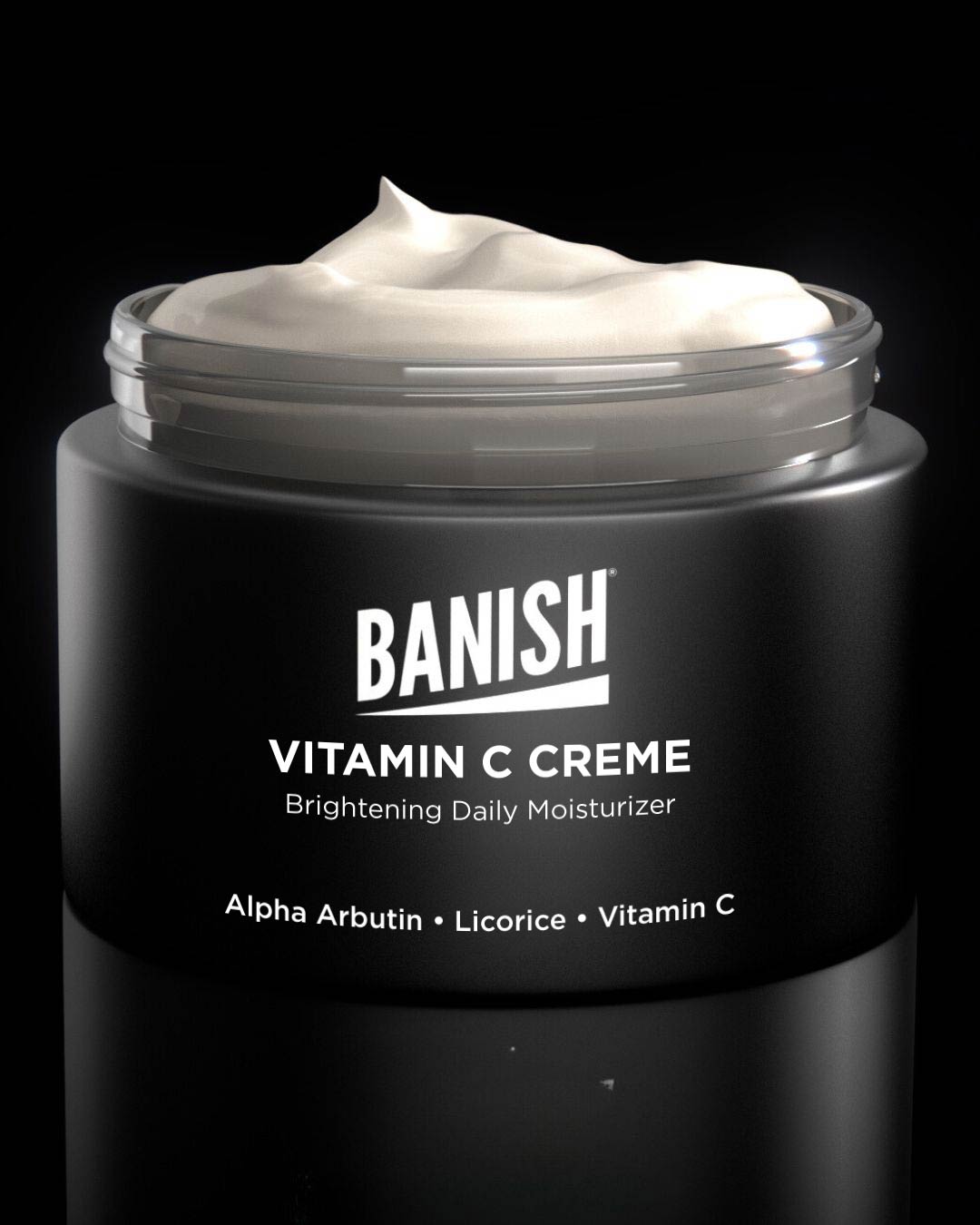
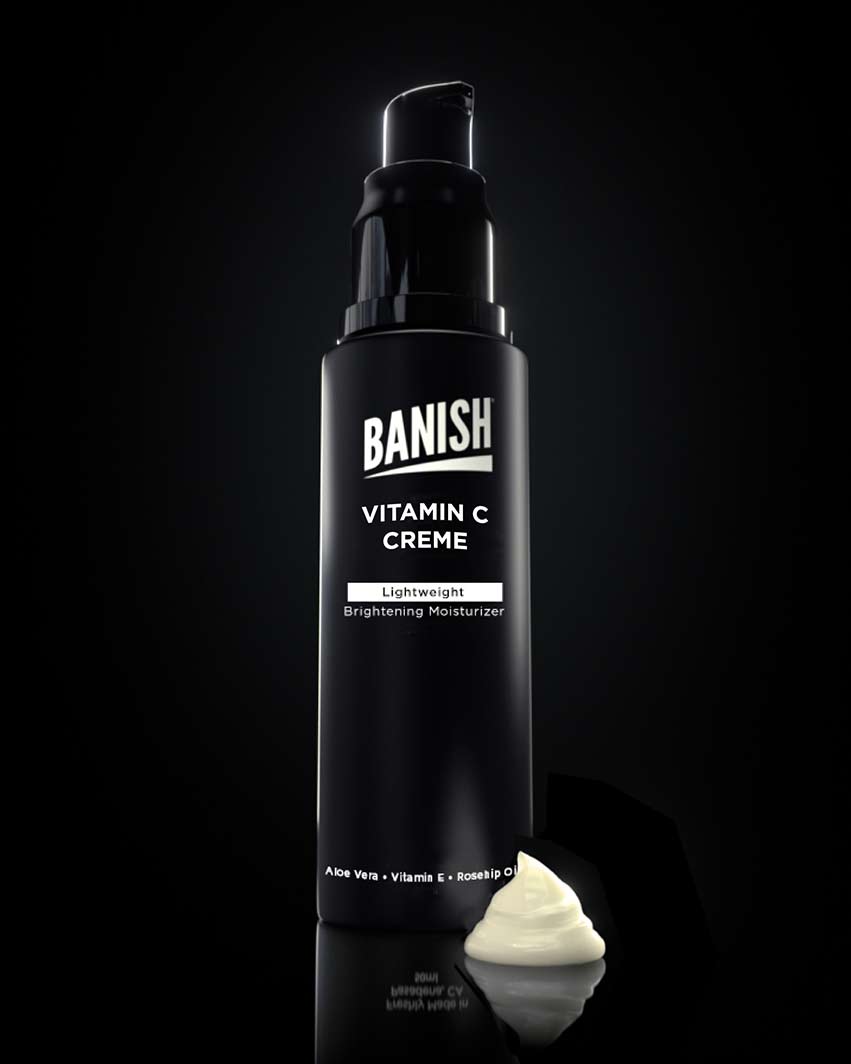
Leave a comment
All comments are moderated before being published.
This site is protected by reCAPTCHA and the Google Privacy Policy and Terms of Service apply.